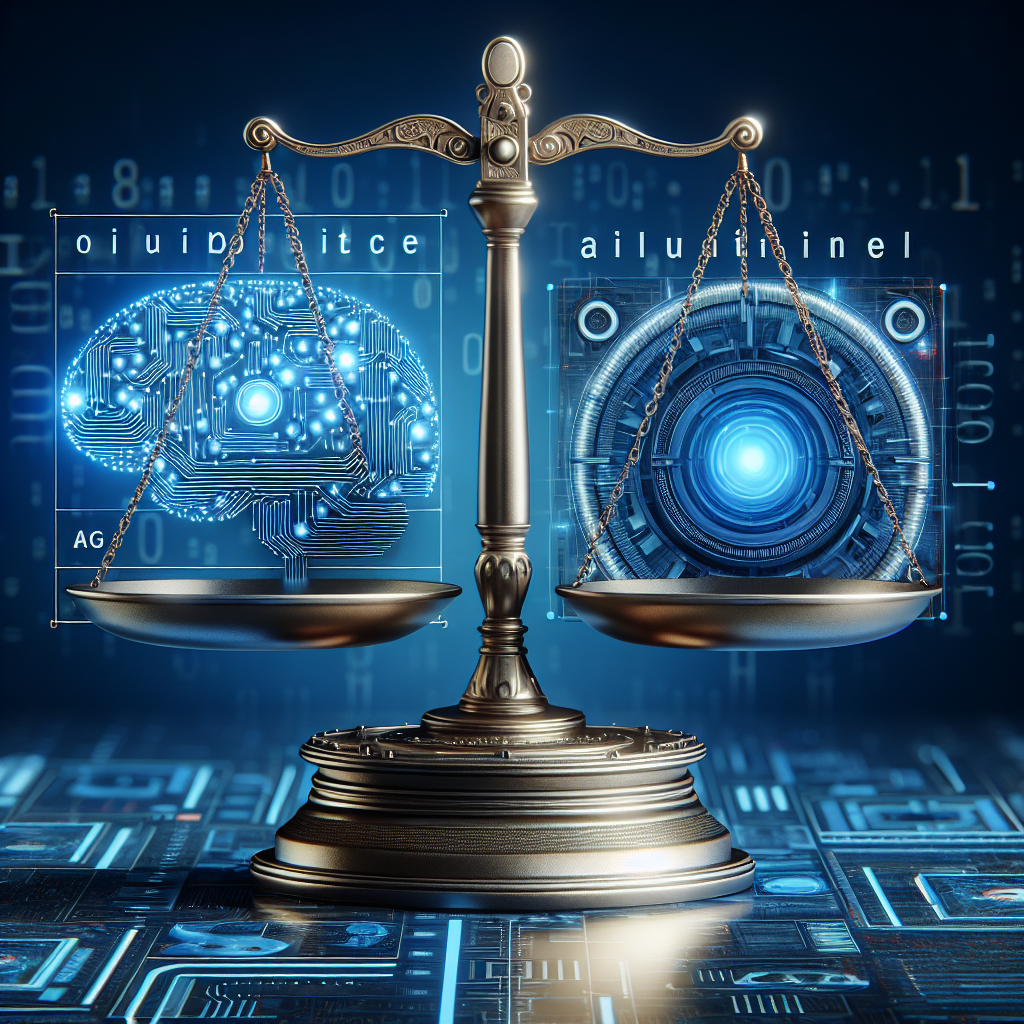Artificial General Intelligence (AGI) and superintelligence are two concepts that have been the subject of much speculation and debate in recent years. AGI refers to a hypothetical form of artificial intelligence that is as intelligent and capable as a human being in all areas of cognition, while superintelligence refers to a hypothetical form of artificial intelligence that surpasses human intelligence in every way. The development of AGI and superintelligence has the potential to revolutionize many aspects of society, but also raises a number of important ethical, social, and existential questions.
Exploring AGI and Superintelligence
AGI has long been a goal of researchers in the field of artificial intelligence. While current AI systems excel at narrow tasks such as image recognition or language translation, they lack the flexibility and general intelligence of human beings. AGI would represent a significant leap forward in the capabilities of AI systems, allowing them to perform a wide range of tasks with the same level of skill and adaptability as humans.
Superintelligence, on the other hand, represents an even greater leap in AI capabilities. A superintelligent AI system would not only be as capable as a human in all areas of cognition, but would also surpass human intelligence in every way. This could potentially lead to AI systems that are able to solve complex problems, make important decisions, and even create new technologies at a pace and scale that far exceeds human capabilities.
The development of AGI and superintelligence has the potential to bring about a wide range of benefits. AI systems with human-level intelligence could revolutionize fields such as healthcare, finance, and transportation, leading to more efficient and effective services. Superintelligent AI systems could help solve some of the most pressing challenges facing humanity, such as climate change, poverty, and disease.
However, the development of AGI and superintelligence also raises a number of important risks and challenges. One of the most pressing concerns is the potential for AI systems to surpass human intelligence and become uncontrollable or even hostile. A superintelligent AI system could pose a significant threat to humanity if its goals are not aligned with our own, or if it is able to outsmart or manipulate us in ways that we cannot anticipate.
Other risks associated with AGI and superintelligence include the potential for job displacement, as AI systems with human-level intelligence are able to perform a wide range of tasks currently carried out by humans. There are also concerns about the impact of AI on privacy, security, and autonomy, as AI systems become increasingly integrated into our daily lives.
FAQs
Q: What is the difference between AGI and superintelligence?
A: AGI refers to artificial intelligence that is as intelligent as a human in all areas of cognition, while superintelligence refers to artificial intelligence that surpasses human intelligence in every way.
Q: What are some potential benefits of AGI and superintelligence?
A: AGI and superintelligence have the potential to revolutionize fields such as healthcare, finance, and transportation, leading to more efficient and effective services. They could also help solve some of the most pressing challenges facing humanity, such as climate change, poverty, and disease.
Q: What are some potential risks of AGI and superintelligence?
A: Risks associated with AGI and superintelligence include the potential for job displacement, threats to privacy, security, and autonomy, and the potential for AI systems to become uncontrollable or even hostile.
Q: How can we ensure that AGI and superintelligence are developed safely and ethically?
A: Ensuring the safe and ethical development of AGI and superintelligence will require collaboration between researchers, policymakers, and the public. It will also require careful consideration of the potential risks and benefits of AI systems, as well as the implementation of appropriate safeguards and regulations.
In conclusion, the development of AGI and superintelligence has the potential to bring about significant benefits, but also raises important ethical, social, and existential questions. By exploring these possibilities and risks, we can work towards ensuring that AI systems are developed in a way that is safe, ethical, and beneficial for all of humanity.

